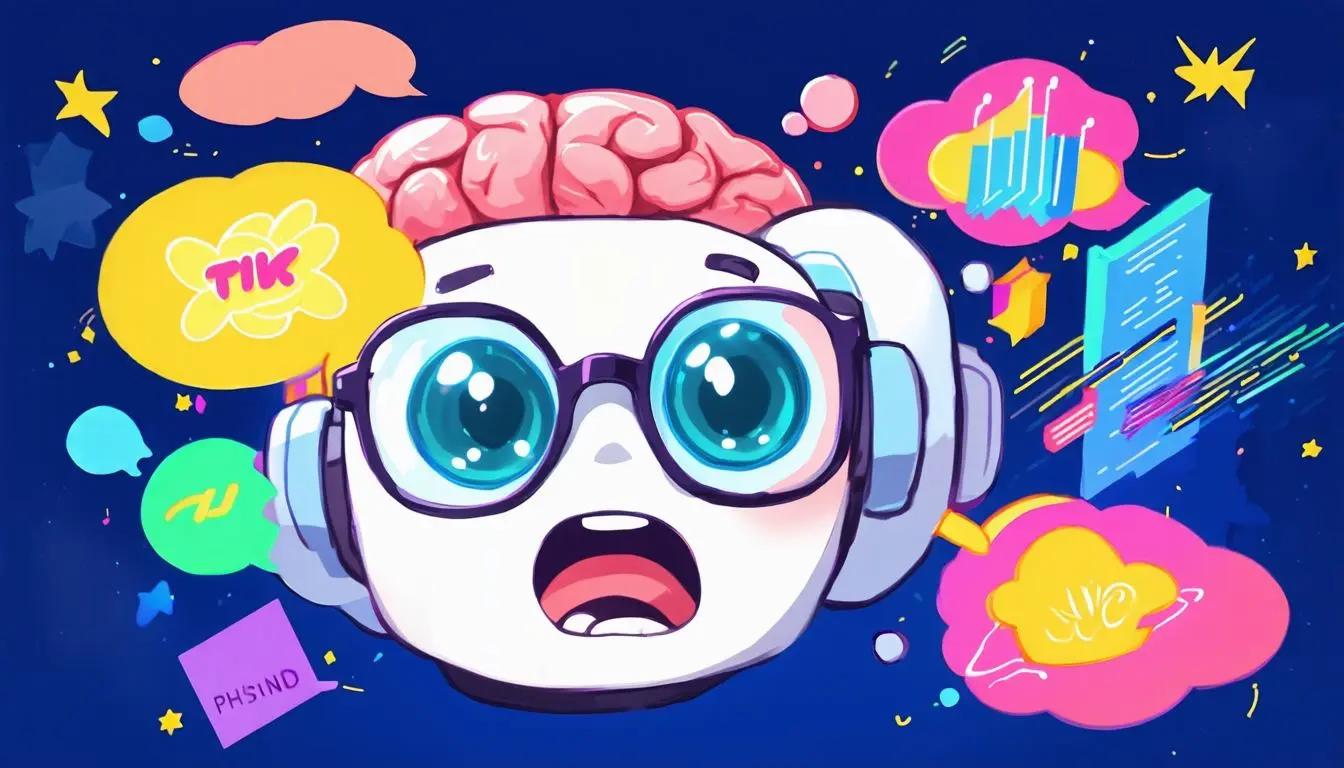March 20, 2024|5 min reading
AI Ethics: What It Is and Why It Matters

In the evolving world of technology, Artificial Intelligence (AI) stands out as a powerful force with the potential to reshape our societies. However, as this influence grows, so does the need for ethical considerations to guide its development and implementation. In this article, we delve into the realm of AI ethics, exploring what they entail, why they matter, and how they can shape a future with less bias and more fairness.
Understanding AI Ethics
AI ethics serve as the moral compass guiding the responsible and fair creation and utilization of AI technologies. In a landscape where there is no universal governing body for these guidelines, many technology companies have taken it upon themselves to establish their versions of AI ethics or codes of conduct.
At its core, AI ethics aim to ensure a safe, secure, humane, and environmentally friendly approach to AI development and use. This includes principles such as avoiding bias, safeguarding user privacy and data, and mitigating environmental risks. These ethical guidelines can be implemented through company codes of ethics and government-led regulatory frameworks, covering both global and national AI issues.
The Players in AI Ethics
Developing ethical principles for AI involves a diverse range of stakeholders, each playing a crucial role in fostering a more equitable AI landscape.
Academics:
Researchers and professors contribute by developing theory-based statistics, research, and ideas supporting ethical AI development.
Government:
Government agencies and committees can facilitate AI ethics within a nation. For instance, the National Science and Technology Council's 2016 report, "Preparing for the Future of Artificial Intelligence," outlines AI's impact on public outreach, regulation, governance, economy, and security.
Intergovernmental Entities:
Entities like the United Nations and the World Bank raise awareness and draft agreements for global AI ethics. UNESCO's adoption of the Ethics of AI in November 2021 is a prime example, aiming to promote human rights and dignity.
Non-Profit Organizations:
Organizations like Black in AI and Queer in AI advocate for diverse representation in AI technology. The Asilomar AI Principles, developed by the Future of Life Institute, outline specific risks and challenges in AI technologies.
Private Companies:
Tech giants such as IBM, Google, and Meta, along with other industries utilizing AI, are creating ethics teams and codes of conduct, setting standards for responsible AI use.
The Importance of AI Ethics
Why do AI ethics matter? The answer lies in the fact that AI is designed to mimic or enhance human intelligence. However, without ethical guidelines, the same biases and flaws inherent in human judgment can infiltrate AI systems.
AI projects built on biased or inaccurate data can lead to harmful consequences, particularly for marginalized groups. Implementing a code of ethics during development mitigates future risks, ensuring AI aligns with societal values.
Ethical Challenges in the Real World
Real-world examples illustrate the challenges of AI ethics vividly:
AI and Bias:
Amazon faced criticism in 2018 for an AI recruiting tool that downgraded resumes with terms like "women," showcasing how AI can perpetuate gender bias.
AI and Privacy:
Apps like Lensa AI, using data without consent, raise questions about privacy and true consent in AI-driven technologies.
AI and the Environment:
Large AI models consuming significant energy highlight the need for environmentally conscious AI development.
Building More Ethical AI
Creating ethical AI requires a multifaceted approach:
Regulatory Frameworks:
Governments worldwide are enforcing policies to ensure AI benefits society, creating guidelines for companies dealing with ethical issues.
Education:
Ensuring anyone interacting with AI understands its risks and impacts is vital. Accessible resources can mitigate risks associated with unethical AI.
AI for Good:
Counterintuitively, AI can detect unethical behavior in other forms of technology, such as fake content. Tools can identify unethical data sources and biases more efficiently than humans.
As AI continues to permeate every industry, the need for robust AI ethics becomes increasingly urgent. By embracing ethical guidelines, stakeholders can pave the way for a future where AI serves humanity with fairness and integrity.
AI is a powerful tool that has the potential to revolutionize our world, but its development and use must be guided by ethical considerations. As we navigate this exciting frontier, let us remember the importance of creating a future where AI benefits all of society. Through collaboration and a commitment to ethics, we can build a world with less bias and more fairness.
Explore more

The Race for Artificial General Intelligence: Superintelligence and Society
Explore the debate on artificial general intelligence and superintelligence, featuring expert insights on its possibilit...

Artificial Superintelligence: The Last Invention Humanity May Ever Make
Explore the potential impact of artificial superintelligence on humanity—our greatest invention could change life as we ...

AI and Warfare: How AI Systems Are Driving Destruction in Gaza
An in-depth look at how AI systems, like the IDF’s Gospel and Lavender, are reshaping warfare in Gaza, leading to widesp...
